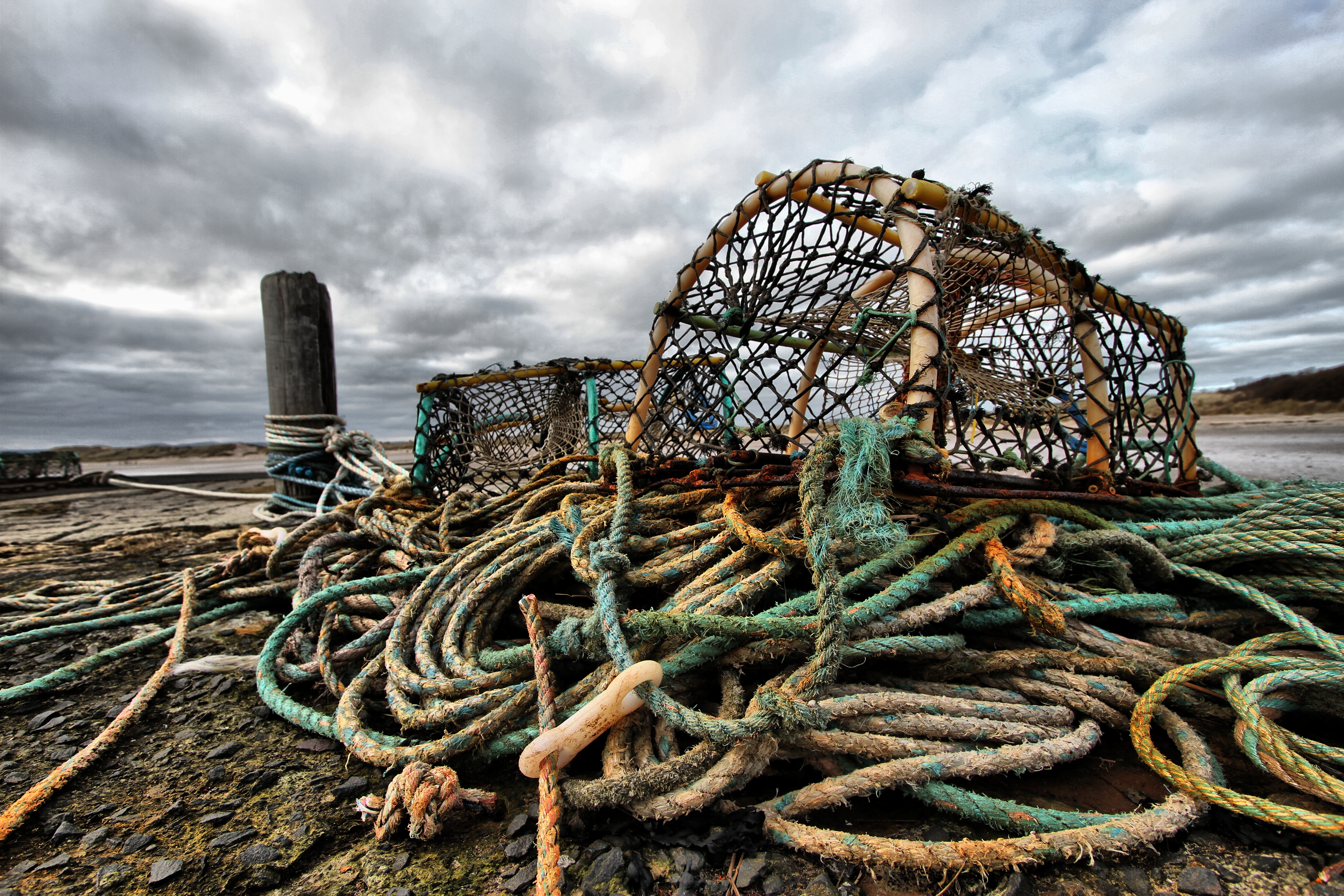Sustainably Speaking

As lovers of seafood, we know that our love can endure only as long as the creatures of the sea that we love to eat endure. So what can we do to ensure that our sustainable resource is plentiful and preserved for future generations?
We have some suggestions for you, as shared from Oceana.org, an international ocean advocacy organization exclusively dedicated to protecting and restoring the world’s oceans on a global scale.
Make your Voice Heard!
Good ocean and preservation policies begin with the right elected officials. Do your research on their positions about conservation and contact your representative to express your point of view. Stay informed and stay involved even after Election Day!
Enjoy sustainable seafood!
Ensure that the seafood you buy and enjoy is sourced from sustainable sellers and restaurants. Lobster Gram adheres to 100% sustainable practices in the fishing and sourcing of its lobsters.
Less Energy means more Sea Sustainability!
The more fossil fuel we burn, the more acidic our oceans become from carbon dioxide. This could affect the loss of coral reefs around the world, because the calcium skeletons are made weaker by water acidity. Ways that you can help turn things around is by driving less and using public transportation more. Monitor your appliance use and thermostat setting to reduce your energy consumption.
Reduce, Reuse, Recycle!
You’ve seen and heard those words before. What’s troubling though is that we’re not doing enough reducing, reusing, and recycling on a global scale to eliminate the problem of plastic debris like jugs, bottles and shopping bags, and plastic rings from 6-packs floating in our oceans. This debris not only degrades the oceans, it poses life-threatening consequences to many marine animals, sea turtles, and marine birds. The plastic often looks like food to these creatures, and if they happen to eat it, they can choke or starve due to a blocked digestive system.
Oil and Seawater don’t Mix!
You’ve seen the damage and destruction that massive oil spills can wreak on our coastlines. Well motor oil and other hazardous liquid materials like gasoline improperly disposed of can have an equally detrimental effect to coastal areas and communities. The pollution-causing contamination hurts the health of our oceans and marine life. So make sure any hazardous materials you’re using are properly disposed of in an eco-friendly way!
Go easy on the Fertilizer!
The excess runoff from gardening and farmland fertilization can wind up in the world’s oceans, which turns large areas of water into “dead zones”, or uninhabitable space due to the lack of oxygen. Marine life of every kind—which includes fish and shrimp, needs oxygen to survive (just like us!).
Garbage In, Garbage Out!
If you’ve ever walked past or ridden along a beachfront after the crowds leave, you can see the garbage for hundreds of feet. This left-behind debris can find its way into the ocean and make a nasty contribution to our oceans. So pick it up and put it in a trash bag (either one at the beach or one you bring), and also do your part by volunteering for beachfront cleanups.
Watch What You Buy!
There are products that really have unsavory beginnings, such as cosmetics made from coral or sea turtle shell, and shark oil or other marine animal byproducts. These products come from fishing activity that’s unsustainable and lead to the complete decimation of vital ecosystems.
Share and Share alike!
Be a voice for change! Let friends, family and neighbors know what’s going on with our oceans and share with them what you’re doing to help keep the oceans sustainable. Maybe they’ll want to get involved too!
Join!
Become a member of an organization like Oceana, one of the many ocean preservation groups that are fighting to protect and save the fragile ecosystems of our seas.
Here’s a good list of organizations to check out:
Surfrider Foundation: http://www.surfrider.org
Ocean Conservancy: https://oceanconservancy.org
The 5 Gyres Institute: https://www.5gyres.orgf
Environmental Defense Fund: https://www.edf.org/oceans
Oceana: http://oceana.org
Bye Bye Plastic Bags: http://www.byebyeplasticbags.org
Natural Resources Defense Council: https://www.nrdc.org/about/oceans
Nature Conservancy: https://www.nature.org
Lonely Whale Foundation: https://www.lonelywhale.org/home-1
Bahamas Plastic Movement: http://www.bahamasplasticmovement.org
Parley for the Oceans: http://www.parley.tv/#fortheoceans